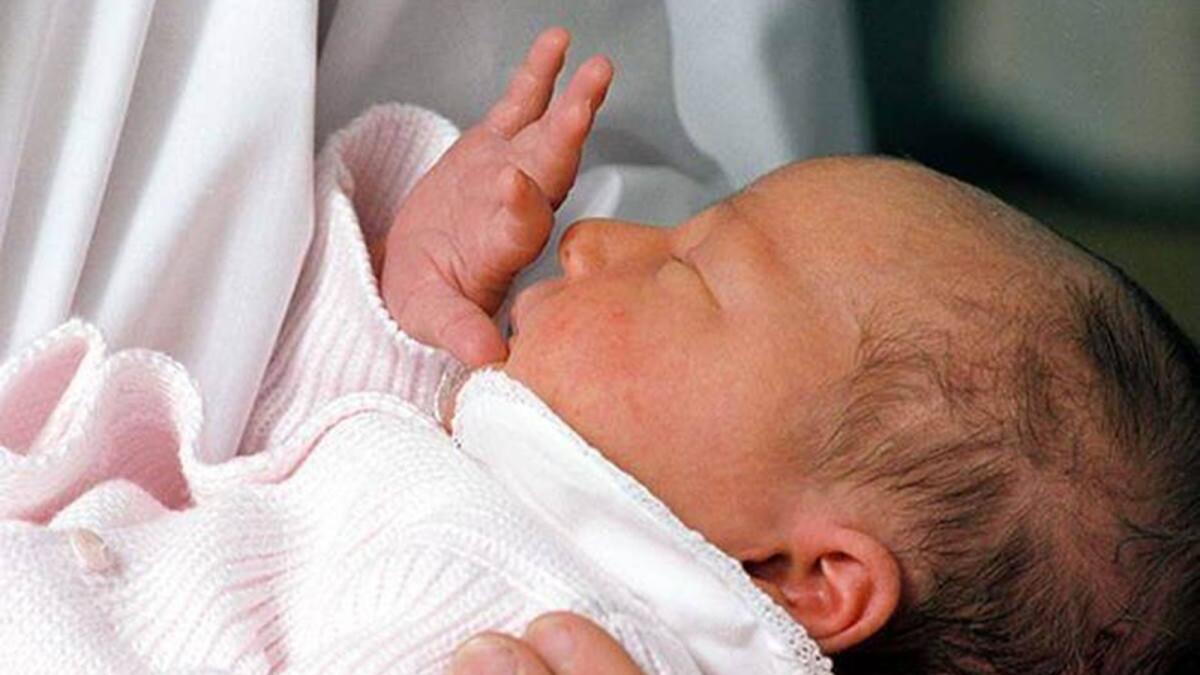Image used for illustrative purpose. Photo: File
A baby boy born prematurely, at 27 weeks, faced a serious eye condition called Stage 3 Retinopathy of Prematurity (ROP) due to his early arrival and his mother’s gestational diabetes. He spent nearly three months in the Neonatal Intensive Care Unit (NICU) before undergoing a special procedure at a private hospital to save his sight.
The condition threatened the baby’s vision, and the parents were surprised and confused when their tiny baby arrived, feeling happy but also worried at the same time. “I didn’t think he had a chance,” said the mother. “You can’t look at such a tiny baby and think this is going to be alright.”
“I was overwhelmed with worry, fear, and helplessness. Seeing my newborn struggling was distressing, but I held onto hope and prayed for his strength,” she added.
Stay up to date with the latest news. Follow KT on WhatsApp Channels.
His journey began in the Neonatal Intensive Care Unit (NICU) at Medcare Hospital on Sheikh Zayed Road, where he spent 92 days under the extreme care of healthcare professionals.
According to Dr Prasan Rao, specialist ophthalmologist at Medcare Eye Centre, premature babies who arrive much earlier than the typical 40-week gestation period enter the world with many complications, one of which is the underdevelopment of the eyes. “Normally, the retina, the part of the eye responsible for vision, finishes developing by the 40th week of pregnancy. However, in premature babies, parts of the retina might not fully form,” said Dr Rao.
Dr Prasan Rao. Photo: Supplied
Chronic lung illness
The infant also had chronic lung illness and needed mechanical ventilation to breathe. Given that he was delivered prematurely due to complications caused by his mother’s gestational diabetes, loss of vision at birth was a common health concern.
According to the doctor, the retina starts developing around the 16th week of pregnancy, and by the 27th week, some parts of the retina have blood vessels, while others don’t. “So the child was born during retinal development, his retina was not fully developed,” said Dr Rao.
Doctors discovered this issue around six weeks after the baby’s birth. “Typically, blood vessels should grow across the surface of the retina, reaching its surface. But in some premature babies, these vessels grow abnormally into the gel inside the eye, which can shrink and cause the retina to detach. This condition is known as stage 3 retinopathy of prematurity (ROP), and it requires treatment,” said Dr Rao.
Treatment options include injections or laser therapy. When the baby was six weeks old, the doctors decided to to administer intravitreal injections instead of using a laser treatment to cause regression of the abnormal blood vessels. Most of the eyes with ROP stabilise with one intravitreal injection.
The doctor said that, in about 90 to 95 percent of cases, one injection is enough to stimulate proper vessel growth. “However, in this baby’s case, the initial treatment didn’t work, so a second injection was necessary around 42 weeks, which is about 15 weeks after birth. “Thankfully, the second injection showed progress,” said Dr Rao.
“Babies with ROP typically won’t show any signs or symptoms, and parents usually learn about the condition through routine tests. Premature babies undergo regular check-ups to monitor their health, so for the parents, everything may seem normal despite the underlying condition,” said Dr Rao.
As a result, the severity of the condition regressed, moving from stage 3 to stages 2 and 1, eventually returning to normal. The baby’s vision is now perfect, and all necessary treatments have been completed.
“We were filled with worry as we watched our little one bravely battle through this uphill struggle, but seeing his strength filled us with pride. Now this ordeal is finally over,” said the mother.
Read the full article here


























